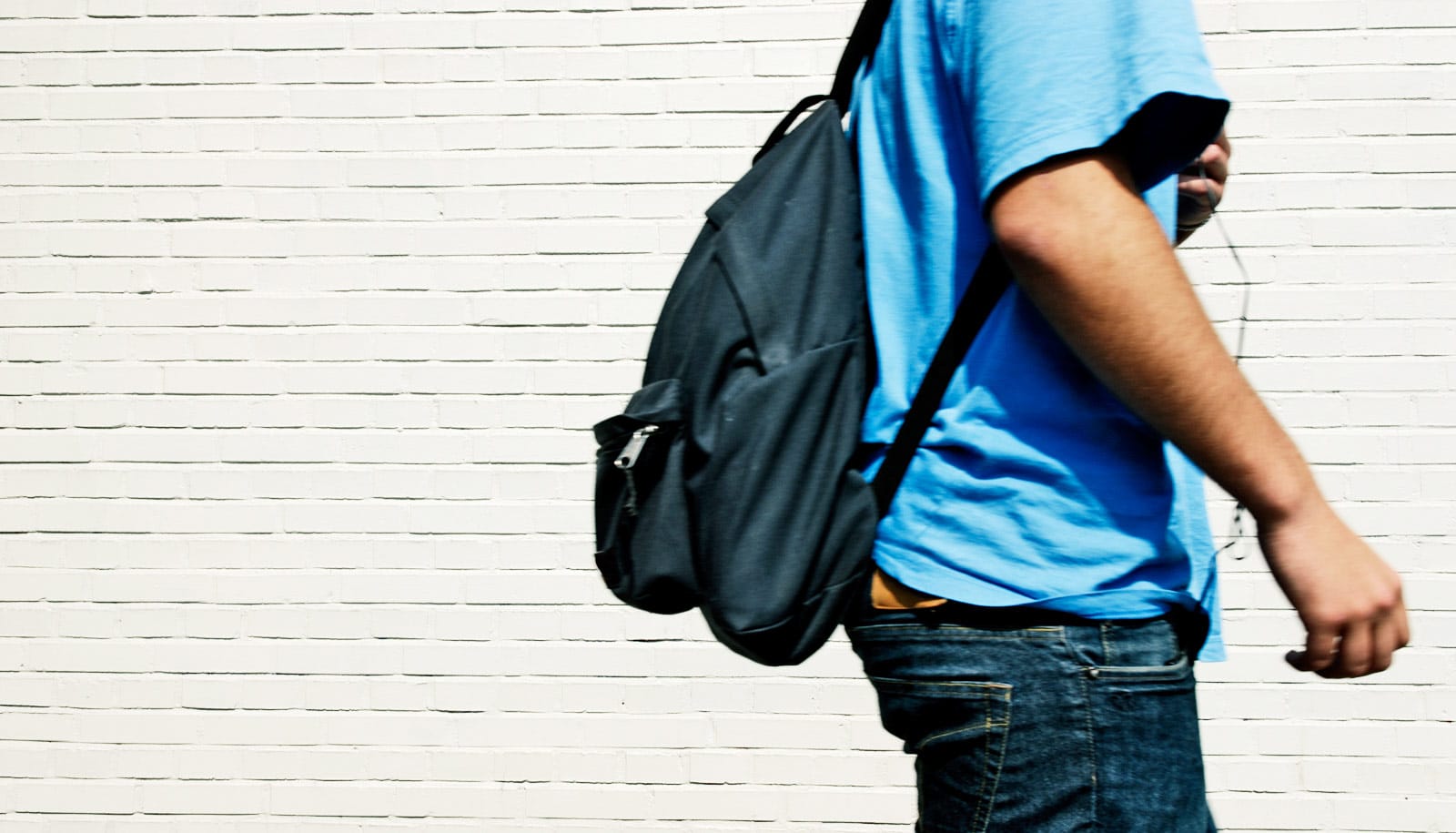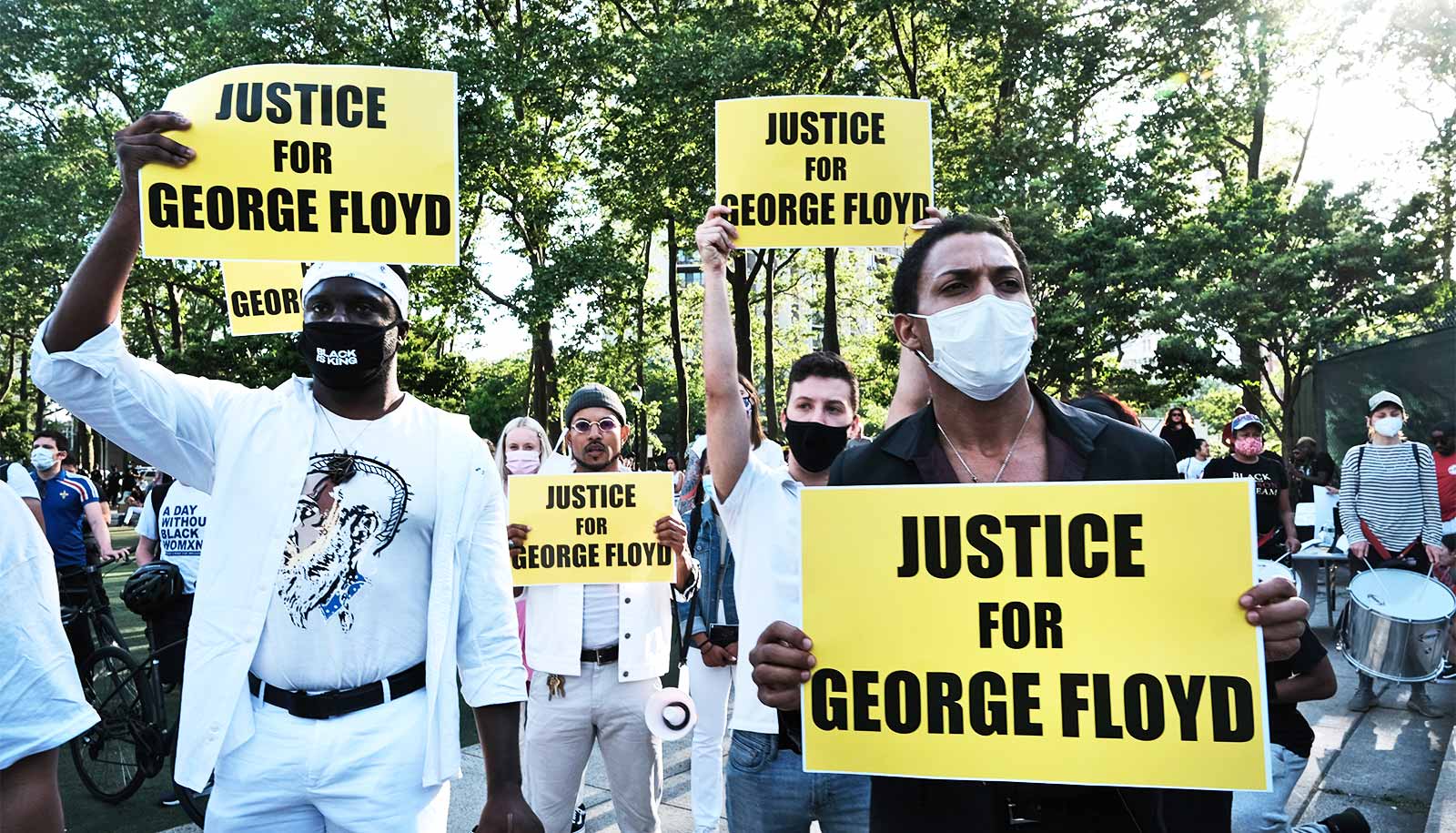Children who attend school with lots of kids from violent neighborhoods can earn significantly lower test scores than do peers with classmates from safer areas, a new study suggests.
“Exposure to neighborhood violence…seeps into places that you don’t expect. It can affect an entire school and how it’s able to function.”
In schools where more kids have a high exposure to violence, the study shows, their classmates score as much as 10 percent lower on annual standardized math and reading tests.
The findings demonstrate how urban violence and school choice programs can work together to spread “collateral damage,” researchers say.
“Exposure to neighborhood violence has a much bigger impact that we think it does,” says Julia Burdick-Will, a sociologist at Johns Hopkins University. “It seeps into places that you don’t expect. It can affect an entire school and how it’s able to function.”
Burdick-Will studied students who attended Chicago public schools, analyzing administrative data from the school system, crime statistics from the Chicago Police Department, and school surveys from the University of Chicago Consortium on Chicago School Research.
She looked at five cohorts of students, who entered high school as freshmen from 2002 to 2006, and followed each student for up to four years.
There were, on average, about 70 violent crimes a year within a few blocks of the homes of Chicago public high school students, she found. The home areas of children with high levels of exposure to violence, however, often recorded double that number.
The crimes included homicides, sexual assaults, aggregated and simple batteries, aggravated and simple assaults, and robberies.
Because Chicago offers students the option of attending school anywhere in the city, students often commute to schools across town. The experience of violence that Chicago students face where they live does not necessarily remain in their neighborhood, but travels with them all over the city to wherever they attend school.
Previous research shows that children living in violent neighborhoods experience trauma that makes them more difficult to teach and is related to an increased likelihood of high school dropout and low test scores as well as depression, attention problems, and discipline issues, Burdick-Will says.
But she found that students who are in the same classes with a number of these traumatized children also don’t learn as well, scoring as much as 10 percent lower on annual tests.
It’s possible these effects build over time, she says.
What’s behind huge academic gap at U.S. public schools?
“This is just one year—we don’t know what the cumulative effects are,” Burdick-Will says. “If you score 10 percent lower in just one year, you’re that much less prepared for the next year. Ten percent less growth in a year is a pretty big deal.”
Chicago’s crime rates are comparable to those in Baltimore, St. Louis, Philadelphia, Houston, and Miami, and it is possible that schools in those cities have similar issues, Burdick-Will says.
Lack of jobs linked to gun violence at schools
“Dealing with urban violence has ripple effects we’re only starting to understand,” she says. “We can’t think about violence as ‘something happening to kids in an isolated part of the city where I don’t live.’ That’s just the tip of the iceberg. High crime rates may be concentrated in specific areas, but their effects can be felt in schools all over the city.”
The Institute for Educational Sciences, the Population Studies and Training Center at Brown University, and the Hopkins Population Center funded the work.
Source: Johns Hopkins University



